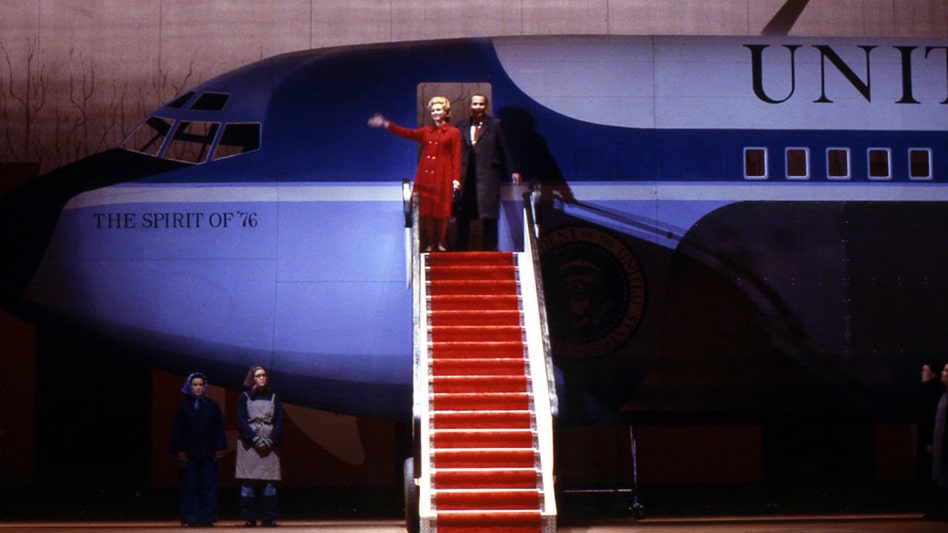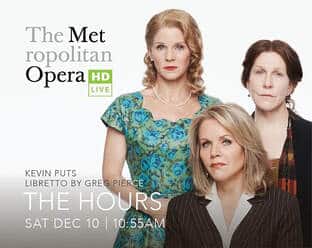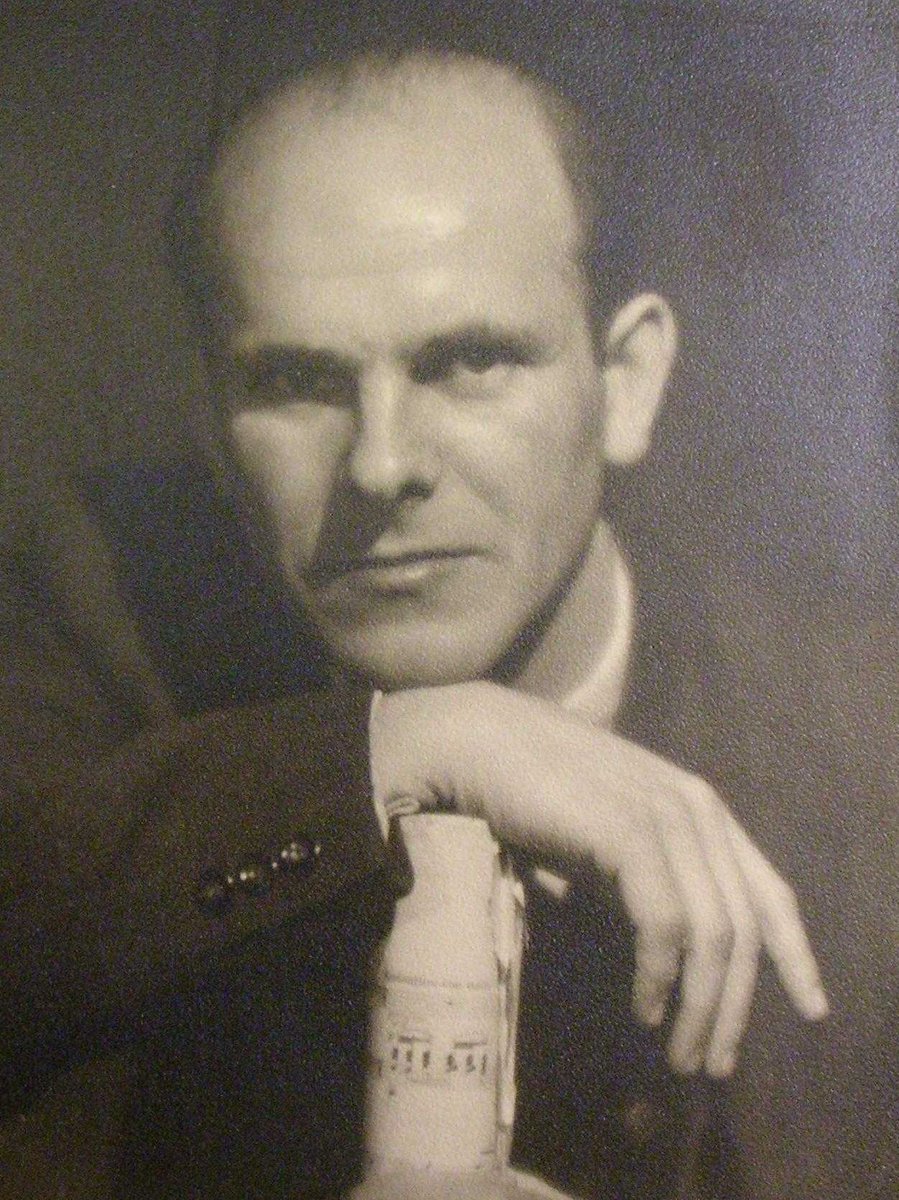Asian-Americans object to Nixon in China
mainCasting troubles at Houston Grand Opera. Asian actors want more parts.
“This is not OK,” said Cecil Fong, president of OCA-Greater Houston, the local branch of the national Asian advocacy group. ‘It’s a negative stereotype of Asian-Americans. I’m surprised this still happens nowadays.
Fong is among the members of Houston’s Asian-American community objecting to HGO’s decision to cast white actors in ‘Nixon’…
Read on here (if you can access it).






“Composer John Adams said … ‘It’s possible someone could make a stink about it and say it’s culturally demeaning. But that would mean people in China couldn’t do Verdi or Wagner,’ Adams said. ‘There’s certainly no intention to caricature the Chinese.’ ”
Not a surprising response from the composer who regularly defends his anti-American and anti-Semitic The Death of Klinghoffer.
The problem lies not in the representation, it lies with the opera itself.
John Adams is overrated (personal opinion) and overplayed (statistical fact) in the American concert halls and opera houses; it’s high time to stage more the operas written by Chinese-American composers like Bright Sheng and Tan Dun.
In any case, in answer to Adams, if the Chinese in China cast Arabs as the Hebrew slaves in Nabucco just because all Middle Easterners look the same to the Chinese, then no, they too are not casting Verdi correctly. Each country has its own specific casting challenges.
Just curious, can you describe how Hebrew slaves and Arabs look different?
Hebrew slaves look up and Arabs look down but for the rest they look the same. But indeed Chinese all look the same, as Europeans do, which is the result of evolutionary shared genetic material.
You are joking, I hope, if you think that someone from Harbin looks the same as someone from Guangzhou, or indeed Stockholm compared with Madrid.
I think the point is that most Europeans find it difficult to distinguish between different east Asian ethnicities, just as most east Asians find it difficult to distinguish between different European ethnicities. I know that there are differences between Chinese, Vietnamese, Japanese, Koreans, Mongolians, and people from the far east of Russia, but I still get them confused, let alone the distinctions between people from throughout China, which is so enormous that the differences presumably are as pronounced as those between, say, a Spaniard and a Swede. This view used to be considered racist, but apparently there is a scientific basis for it. The more distant your proximity, the harder it is to distinguish. I believe the argument goes that when we are dealing with people very different from ourselves we just need to know that they look very different, whereas when we are dealing with people who are like ourselves we need to be able to identify individuals. Although we now interact with people from all over the world in a very different way, the evolution of our brains has not kept up with the pace of change.
It’s surely the same with accents. I can tell the difference between Deep South and New England, and I can tell the difference between Australia, New Zealand, and South Africa, but I cannot easily distinguish between northern USA and Canada or between, say, Ohio and California. Similarly, I imagine that many Americans cannot distinguish between, say, Liverpool, Manchester, and Newcastle. People who live in big cities can even distinguish between people from different areas of the city. To me, somebody from Lewisham sounds very different to somebody from Hackney, but I imagine that the distinction is probably not obvious to somebody from Manchester. Likewise, it baffles me how somebody from Bolton can identify somebody as coming from Bury based on accent alone.
Re: “overplayed (statistical fact)” — had to laugh at that one. My orchestra just played “The Chairman Dances” last weekend; first time playing anything by Adams in 15 years, when we played… wait for it… “The Chairman Dances.” I know, I know — that’s not a statistic. It was just funny.
It may be true, nationwide; it would be interesting to know how much of the music presented in American concert halls should be American, and what percentage of that is by Adams, and what percentage ought to be by Adams.
Most people who possess any level of critical thinking are bored of these type of accusations that are constantly levelled at Klinghoffer. It a gross fallacy to assume that anti-Semitic sentiments uttered by Palestinian terrorists as characters in an opera are shared by that of the authors. Any humanisation of said Palestinians should cause conflict when held up against their other words and actions, that’s the idea. Opera is allowed to deal with difficult subjects too, it’s not all pretty singing.
And let’s not forget that the Met used an Israeli to sing the Palestinian Woman in the recent production of the Death of Klinghoffer.
Those people live in a world where Birgit Nilsson would not sing Turandot, Maria Callas would not sing Madama Butterfly, and Placido Domingo could never be Othelo on the stage. Shame on them!
Don’t you think the phrase “Shame on them” has become over-used in recent years? Doesn’t seem like anyone is doing anything shameful, it’s just a difference of two valid opinions. And here’s mine – if opera did not require specific, and rare voices to sing parts like Otello, we would already be in an era where a non-black tenor couldn’t frequently sing it, just as is the case for the Shakespeare. However, do to the dearth of black tenors who can sing that role – indeed, tenors full stop – we have to use those who can, of whatever ethnicity. Does this matter? Does it matter now, until more equality has been achieved and then it will matter less (I suspect that’s the case in theatre)? Does it matter as much for, say, Asian roles? Or Jewish roles? I don’t know, it’s an interesting debate. But there’s no shame in having it. Good day to you!
I thought that Otello was actually, ethnically-wise, not a black man but a moor, i.e. an Arab, which is coffee-colour, the preferred colour Western whites all strive after on holiday.
In the theatre, nothing is real, so everything is open to variation and interpretation.
An Arab or a Berber.
At this rate:
Only Germans can play Wagner.
Only Americans can play American opera
Only Egyptians can play Aida.
Etc. etc. etc.
This story again. Or, rather, a variation on a now familiar theme. The operatic canon includes characters who, in addition to countless Italians, Germans, French, English, and Russians, are described as Breton, Irish, Cornish, Scottish, Babylonian, Hebrew/Israelite/Jewish, Tyrolean, Spanish, Romany, Swedish, Ethiopian, Egyptian, Moorish, Cypriot, Japanese, Chinese, Tartar, Ottoman/Turkish, Saracen (which arguably is not even an ethnic category), Greek, Armenian, Thracian, Trapezuntine, Parthian, Sidonian, Phoenician, Macedonian, Trojan, and Cretan, and that is only considering the operas of Wagner, Verdi, Puccini, Handel, and Mozart. Karol Szymanowski’s Król Roger, for example, involves Normans, Sicilians, and an Arab. Dido and Aeneas has yet more Trojans, but also Carthaginians. As well as a number of rarely performed operas, Glass’s Akhnaten and Massenet’s Thaïs are also both set in Egypt. Of course, it would be hard to say what present-day ethnic group actually best represents Egyptians of either the 14th century BCE or the 4th century CE. Indeed, the closest living relatives of ancient Thracians are apparently not Bulgarians, but Italians. Speaking as somebody whose English ancestry can be traced for several hundred years, I am pleased to say that I am perfectly happy to see characters such as Peter Grimes and Billy Budd, or the characters in The Rake’s Progress and Die Dreigroschenoper, portrayed by singers of absolutely any ethnic background (I assume that the family of Macheath would originally have been Scottish, so I’ll defer to any Scots who take a view on casting for that role).
I found ‘Nixon in China’ a caricature all around, in which the Chinese were no exception.